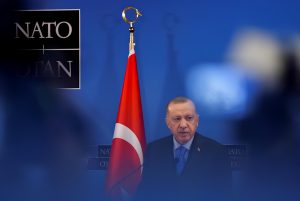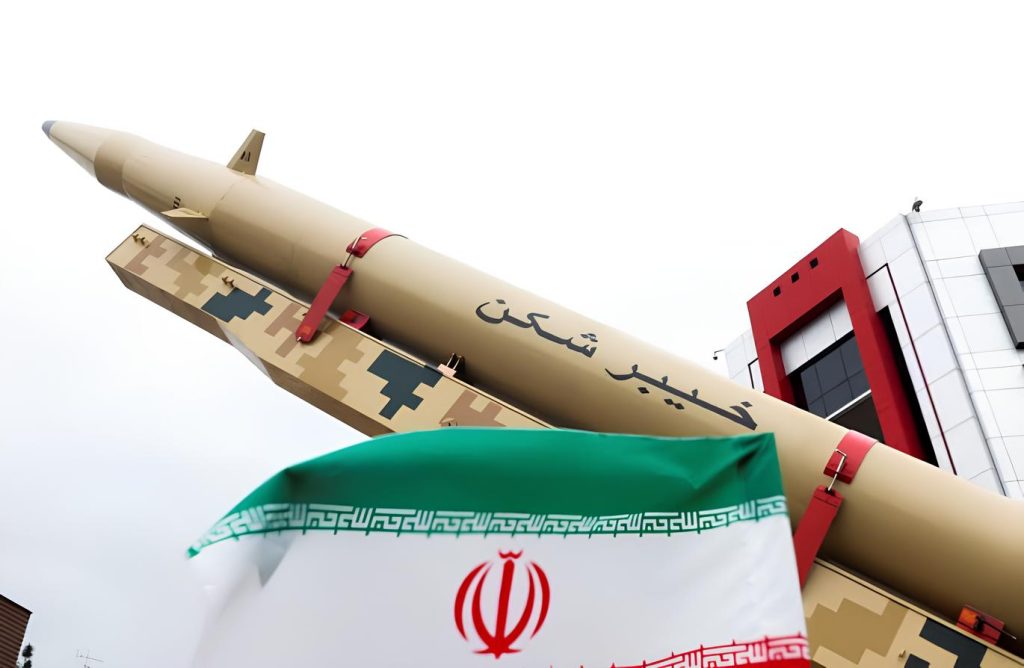








Iran’s recent cross-border attacks signal a strategic move to assert dominance amid regional tensions and internal pressures.


Welcome to the Middle East Brief, where we take a look at the region’s ever-changing dynamics. In today’s discussion, we will examine Iran’s strategic maneuvers, examining the repercussions of its recent multi-front actions and their impact on the broader Middle Eastern landscape.
In two days, Iran has carried out near-simultaneous attacks in Iraq, Syria and Pakistan. These attacks followed the assassination of several Hezbollah and Revolutionary Guards leaders in the region and bombings in the Iranian city of Kirman. In early January, two separate attacks took place near the cemetery of Qassem Soleimani, the commander of the Quds Force of the Revolutionary Guards, who was assassinated by the United States four years ago. These attacks were the deadliest terrorist attacks in the 45-year history of the mullah regime in Iran, with 95 people killed and 288 wounded.
At a time when the Iranian-backed Houthis in Yemen are striking US and Israeli ships, when genocide and the Hamas-Israel conflict in Gaza are ongoing, and when Hezbollah and Israel are exchanging missile fire in Lebanon, such a development raises questions about the possibility of the Gaza war spreading. Israel’s successive assassinations of senior leaders of the Quds Force and Iranian militias in Syria, Lebanon and Iraq indicate that Tel Aviv is trying to draw Tehran into the conflict.
In such an environment, Iran’s ability to attack three different countries with ballistic missiles and drones within 24 hours was crucial for the reputation of the Revolutionary Guards and its position as a regional power. Iran attacked DAESH in Syria, “spy positions” in Erbil under the Kurdish Regional Government in Iraq on the same day, and the following evening, the Jaysh al Adl organization in Pakistan, which had targeted Iranian border guards in the previous weeks. The KRG Prime Minister Masrour Barzani called these attacks “a crime against the Kurdish people”, while Pakistan attacked terrorist targets on the border with Sistan-Baluchistan.
Another interpretation of these attacks is that the Revolutionary Guards, which make up the Iranian army, are under pressure from Islamist extremists in the country. According to Western sources, the Islamic extremists are uncomfortable with Iran’s stand against Israel’s massacres in Gaza. They also object to the fact that Iran’s support for the US-UK-led attacks on Yemen is limited to words. Iran’s inaction against Israel, which it threatens at every opportunity, has led to criticism not only in Iran but also in many anti-Israel circles. Even the protests in the West Bank of Palestine, where photos of Iranian leaders are used in the protests, show how Iran is positioned in the minds of many.
When all this comes together, Iran has carried out these attacks at such close intervals in order to break its silence to some extent, to strengthen its regional position and to say “I am still here”.
Written By: GABRIEL RAMIREZ
Written By: DILARA SAHIN
Written By: DILRUBA YILMAZ
Written By: NILAY CELIK
Written By: ELDANIZ GUSSEINOV
Written By: JOSEF SCHOEFL
Written By: SELCAN BEDIRHANOGLU
Written By: FATIH CEYLAN
FA’s flagship evening newsletter guilding you through the most important world streis ofthe day. Delivered weekdays.
